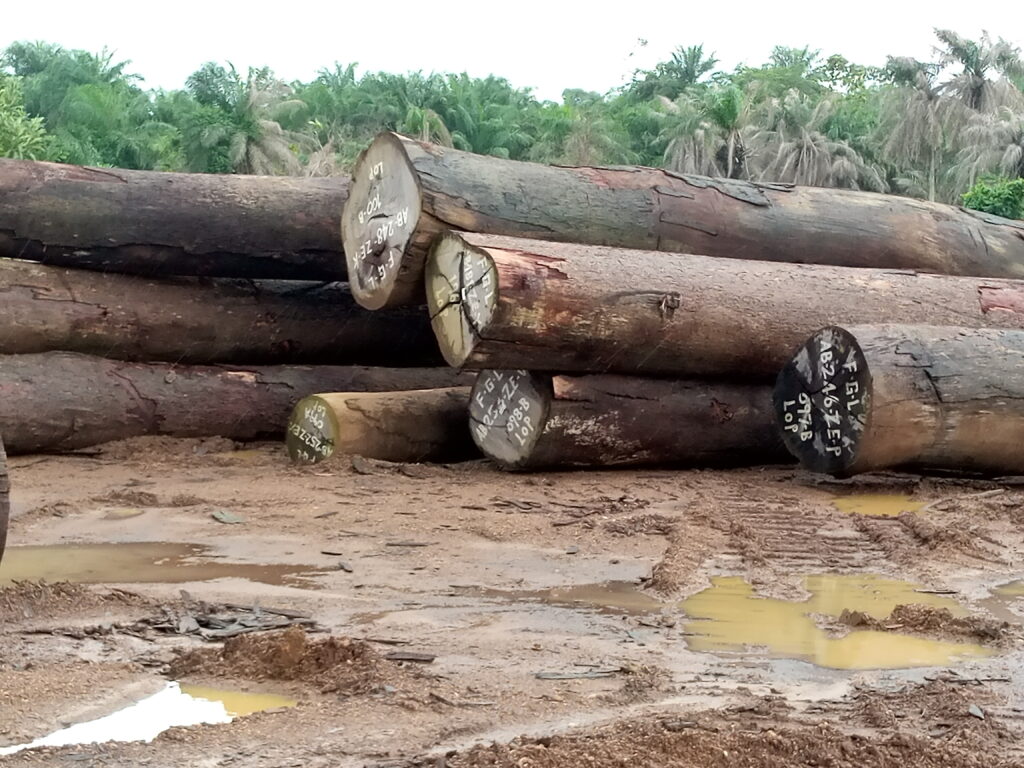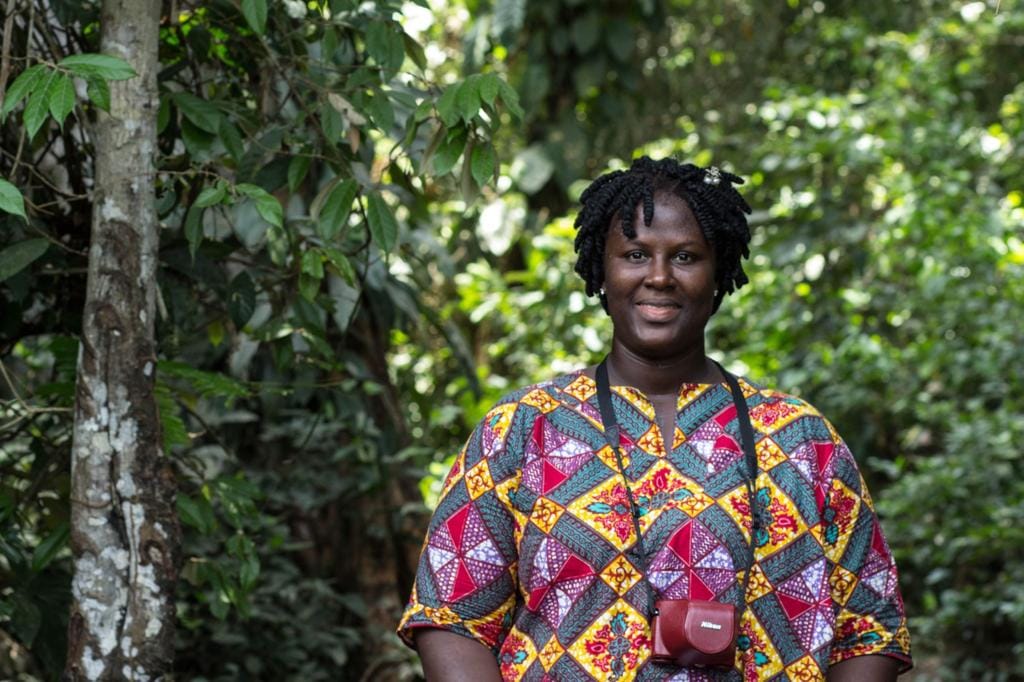Banner Image: Mrs. Loretta Alethea Pope Kai. Photo credit: Foundation for Community Initiatives via Facebook
By Varney Kamara
MONROVIA – A civil society organization (CSO) has frowned on illegal logging across the country, saying such practice is having severe negative consequences on women across concession communities.
“A significant segment of our women rely on the income from farming in the forests, and the illicit cutting of logs basically undermines these activities,” said Loretta Alethea Pope Kai, executive director for the Foundation for Community Initiatives (FCI), in an interview with The DayLight on Wednesday. “Illegal logging weakens everything about women and their relationship to forests. It threatens their health, safety, and their food security.”
Kai’s comments came in reaction to a recent report by a number of CSOs, which found that a logging company harvested approximately 14,000 cubic meters of logs outside its expired permit area in Grand Bassa County worth nearly US$2.5 million. The Timber Sales Contract Area 2 (TSC A2) permit had expired in 2012.
FCI, which advocates for women’s rights to land and participation in forest governance, is demanding the government takes concrete steps against illegal logging across concession communities and as a first step publishes the official report examining this clear case of illegal logging.
Women in Liberia are major users of forests and forest products, such as wood for fuel, medicinal plants and wild foods. Seventy percent of households income in Liberia comes from forests products, according to a World Bank report.
“These activities continue to make our women poor. Communities have been greatly affected by the destructive wave of deforestation caused by illegal logging activities, while the government continues to lose hundreds of millions of dollars in forest revenue,” Kai said.
The report called on the FDA to revoke the permit of the Tarpeh Timber Company (TTC), the company which holds the controversial concession, and Renaissance Group Incorporated (RGI) and Freedom Group Liberia (FGL), the two other companies associated with the concession. It also called on the government to prosecute anyone involved in the scandal, criticizing the Ministry of Justice for not having done so, more than a year after it started to investigate the matter.
“This is a clear mark of impunity,” Kai said. “Without strict adherence to the laws and regulations on fines and penalty, we cannot guarantee the benefits for rural women and girls from forest resources. We are compounding their poverty.”
TTC has been associated with logging outside of its concession area before, and, the report found, it appeared to deliberately risk a fine for greater profit. A 2009 UN Panel of Experts report found the company harvested timber outside of its concession area valued at least US$100,000, but was fined a meager US$2,000 or two percent of the value of the export.
And in 2018, the FDA fined RGI US$5,000 after it learned that the company had felled trees outside its concession area and later increased the fine to US$100,000 but did not confiscate the huge stockpile of illegally harvested logs.
“This is a huge governance issue here. This is just going to scare away women from participating in forest governance matters and even occupying posts on governance bodies,” Kai said, referring to the low number of women in community forest leadership. “We are letting women down with all these violations and our failure to act in accordance with the law.”
The FDA has been largely blamed for not performing its appropriate oversight function. By law, the FDA should publish all permits, data, and payments it receives periodically but has failed to do so.
It has also not responded to the publication of the CSO report more than one week since it was published.
“To show it is serious in addressing illegalities,” Kai said, “it must now publish the official investigation into this case of illegal logging and speedily implement its recommendations.”





